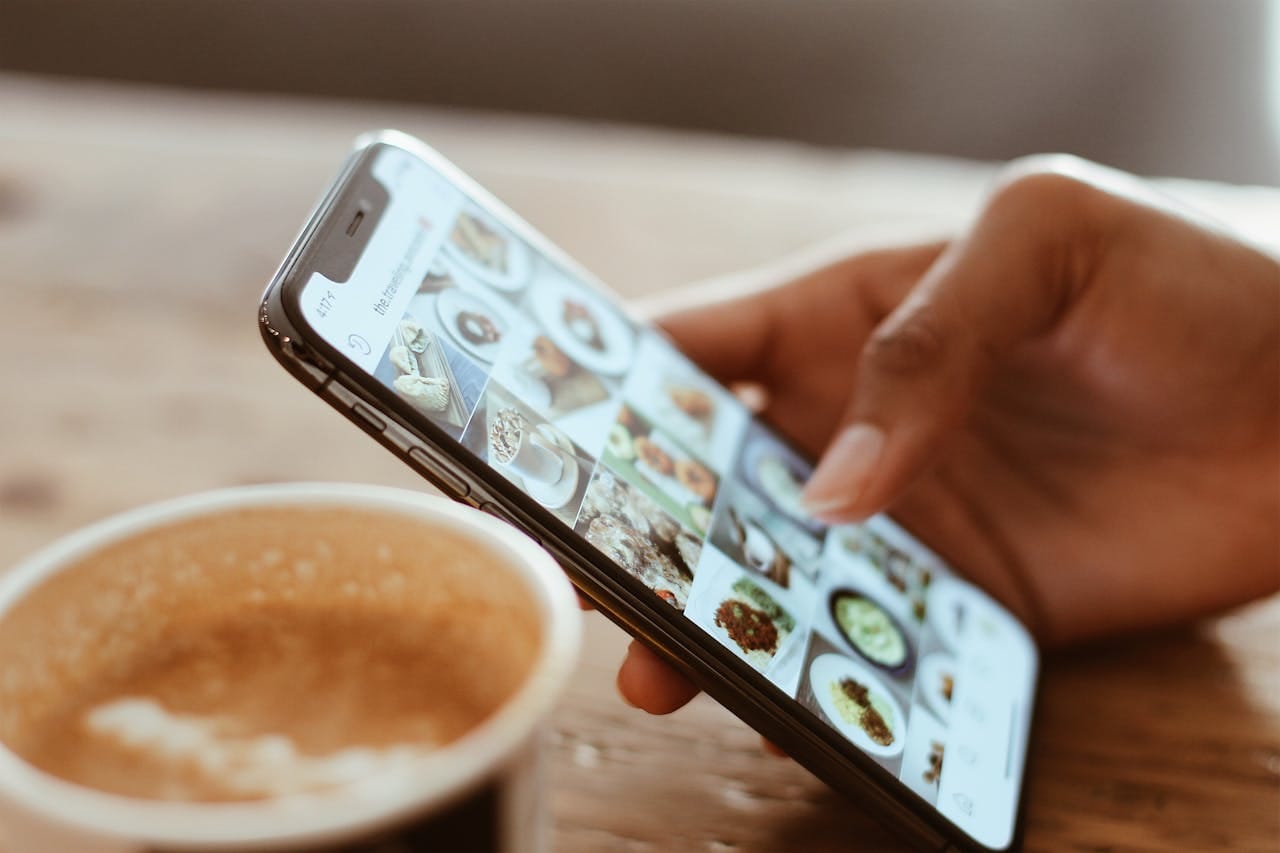Australia’s parliament passed legislation on Thursday that bans children under 16 from accessing social media platforms, establishing the highest minimum age requirement worldwide. The law, set to take effect after a trial period starting January 2025 with enforcement beginning 12 months later, brings substantial penalties – companies face fines up to A$49.5 million (US$32 million) for non-compliance.
Prime Minister Anthony Albanese framed the ban as a response to documented mental health concerns. “This is a global problem, and we want young Australians essentially to have a childhood,” Albanese stated when introducing the bill.
The Senate approved the measure 34-19, amid intense debate over implementation challenges and potential consequences. A YouGov poll showed 77% of Australians support the ban, up from 61% in August.
The legislation leaves critical technical details unresolved. Communications Minister Michelle Rowland has indicated that platforms like Instagram, TikTok, X (formerly Twitter), Snapchat, Reddit, and Facebook are likely to be affected, while YouTube, gaming and messaging platforms, and sites accessible without accounts are expected to be exempt. The specifics of age verification technology will be determined through trials in mid-2025.
Meta expressed concern about the rushed process. “The task now turns to ensuring there is productive consultation on all rules associated with the Bill to ensure a technically feasible outcome that does not place an onerous burden on parents and teens,” a Meta spokesperson said.
Digital researchers warn that proposed age verification methods could compromise user privacy. A last-minute amendment prohibits platforms from requiring government ID documents, but questions remain about data protection.
Christopher Stone, executive director of Suicide Prevention Australia, cautioned against hasty implementation: “The government is running blindfolded into a brick wall. Complex issues like this require careful consultation and consideration, not shortcuts.”
Some experts worry the ban could isolate at-risk teenagers. An open letter signed by 140 experts called the legislation “too blunt an instrument to address risks effectively.” The Australian Human Rights Commission noted potential interference with young people’s rights to participate in society.
More Stories
Enie Lam, a Sydney student who recently turned 16, offered a perspective from those affected: “We all know social media isn’t good for us, but the social media ban generally sees a lot of young people who are strongly against it. It will only create a generation of young people who will be more technologically literate in bypassing these walls.”
The ban exceeds restrictions in other jurisdictions. France requires parental consent for users under 15, while similar legislation in Utah faced constitutional challenges. Norway announced plans to follow Australia’s approach, and UK officials acknowledged considering comparable measures.
X owner Elon Musk criticized the law as “a backdoor way to control access to the Internet by all Australians,” adding tension to already strained relations between tech platforms and Australian regulators.
The legislation builds on Australia’s previous tech industry regulations, including first-of-its-kind laws requiring platforms to pay media outlets for content. As implementation approaches, the global technology sector will monitor it closely to assess both practical challenges and wider policy implications.







